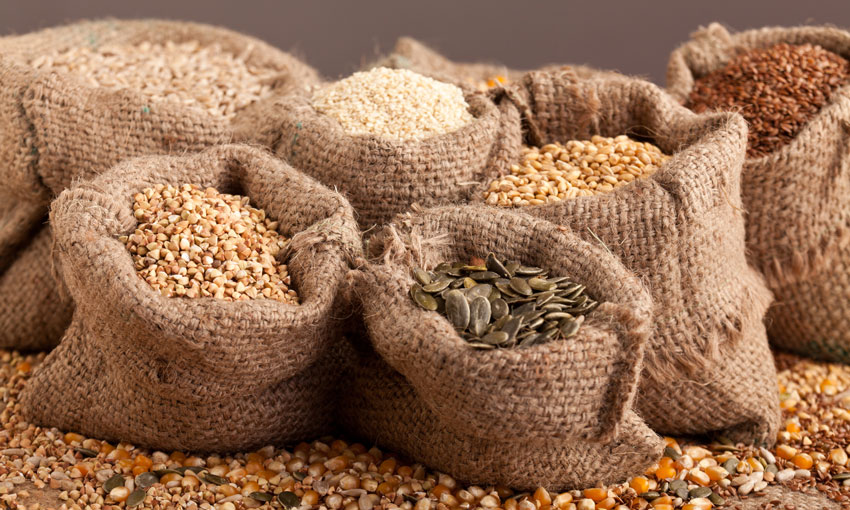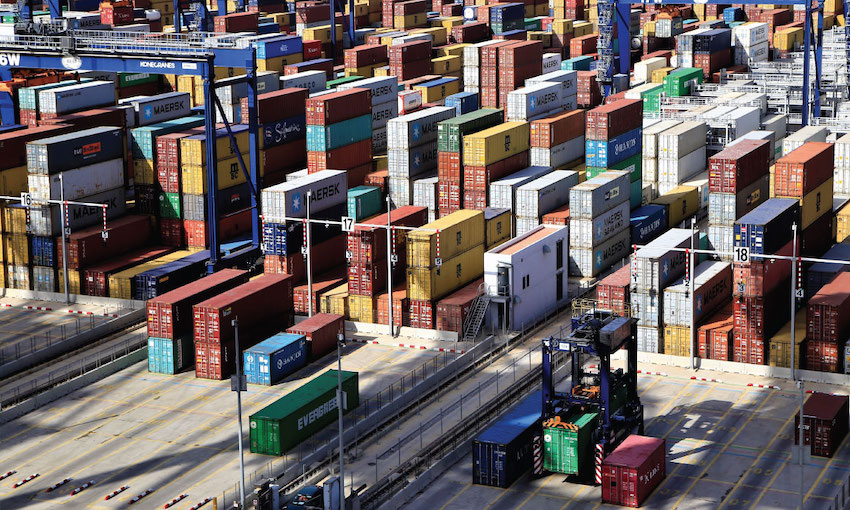THE United Nations Conference on Trade and Development has published a rapid assessment report confirming the war in Ukraine has contributed to a worsening outlook for the global economy.
The report highlighted complex global supply chain reconfigurations, mounting trade costs, heightened financial volatility, and sustainable development divestment.
It found the conflict’s impact on trade and development has been amplified by rising prices in food, fuel, and fertilizer.
UNCTAD secretary-general Rebecca Grynspan said the shockwaves the war has sent through the global economy are threatening the progress made toward recovery from COVID-19, which will have ramifications for the freight industry.
The report found restrictive measures on airspace, contractor uncertainty and security concerns are complicating all trade routes going through Russia and Ukraine.
The two countries are key geographical components of the Eurasian Land Bridge, which facilitated the movement of 1.5 million containers by rail from China to Europe last year.
The report suggested that if cargo volumes currently travelling by rail were added to the Asia-Europe sea freight demand, this would lead to a 5% to 8% increase in an already congested trade route.
“Due to higher fuel costs, rerouting efforts and zero capacity in maritime logistics, the impact of the war in Ukraine can be expected to lead to even higher freight rates,” the report said.
“Such increases would have a significant impact on economies and households.”
In 2021, UNCTAD simulated that the freight rate increase during the pandemic raised global consumer prices by 1.5%.
The rising costs affected vulnerable economies in particular, such as small island developing states, landlocked developing states, and least developed countries.
Ms Grynspan said the impact is also blocking the path to sustainable development, as Ukraine and Russia are global players in agri-food markets.
Together, they represent 27% of the global wheat trade, which is relied heavily upon by up to 25 African countries, many of which are developing nations.
“Soaring food and fuel prices will affect the most vulnerable in developing countries, putting pressure on the poorest households which spend the highest share of their income on food, resulting in hardship and hunger,” Ms Grynspan said.
The report also identified a link between rising food prices and political instability, which is of particular concern due to the fragile state of the global economy.
It said the ongoing effects of the heightened prices are difficult to predict, but an UNCTAD analysis of historical data sheds light on some “troubling possible trends”.
It found agri-food commodity cycles have often coincided with major political events, such as the 2004-2008 food riots and the 2011 Arab Spring.




